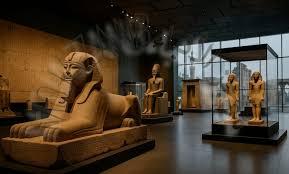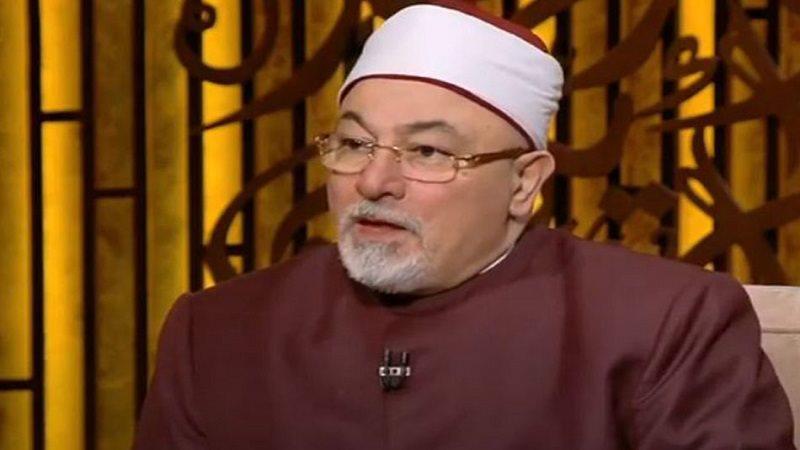Grand Mufti: Studying History and Archaeology Preserves Heritage and Lessons
The Grand Mufti highlighted that exploring past civilizations and their heritage allows humans to learn from experiences, drawing lessons that enhance awareness and progress.

Dr. Nazir Eyad, Grand Mufti of Egypt, stated that studying the history and archaeology of past civilizations is permissible in Islam, as it offers valuable lessons to understand human experiences and avoid past mistakes. He emphasized that the Quran and Sunnah encourage reflection on the remnants of former nations to learn from their fates and gain wisdom, adding that historical and archaeological studies provide a scientific approach to comprehending human civilizations and past events objectively.
The Grand Mufti further explained that such studies go beyond academic purposes, fostering human and cultural awareness, helping to recognize divine patterns in the universe, and enabling individuals to connect past experiences with present and future decisions. He confirmed that specializing in history and archaeology equips students with persistence in learning and the ability to benefit from previous experiences while upholding religious values and principles.
He highlighted that the core purpose of studying history and archaeology is to gain insights from the experiences of previous nations, to enhance scientific and cultural progress, and to cultivate a deeper understanding of humanity's past and present, ensuring intellectual and ethical growth for future generations.
أوضح الدكتور محمود شلبي، أمين الفتوى بدار الإفتاء المصرية، أن مساعدة الزملاء بالغش أثناء الامتحان تدخل ضمن التعاون على الإثم، وهو أمر محرم شرعًا.
أمين الفتوى يوضح شروط الزكاة على الإيجار وكيفية احتسابها
الشيخ خالد الجندي يؤكد أن استحضار عظمة الله في القلب يقي من الكبرياء والذنوب ويمنح الطمأنينة ويقضي على القلق والهموم النفسية.
الشيخ خالد الجندي يحذر من أخطر صور الشرك الخفي ويؤكد أن نسب النعم للنفس يورث الغرور، داعيًا المسلمين لشكر الله على كل فضل.




